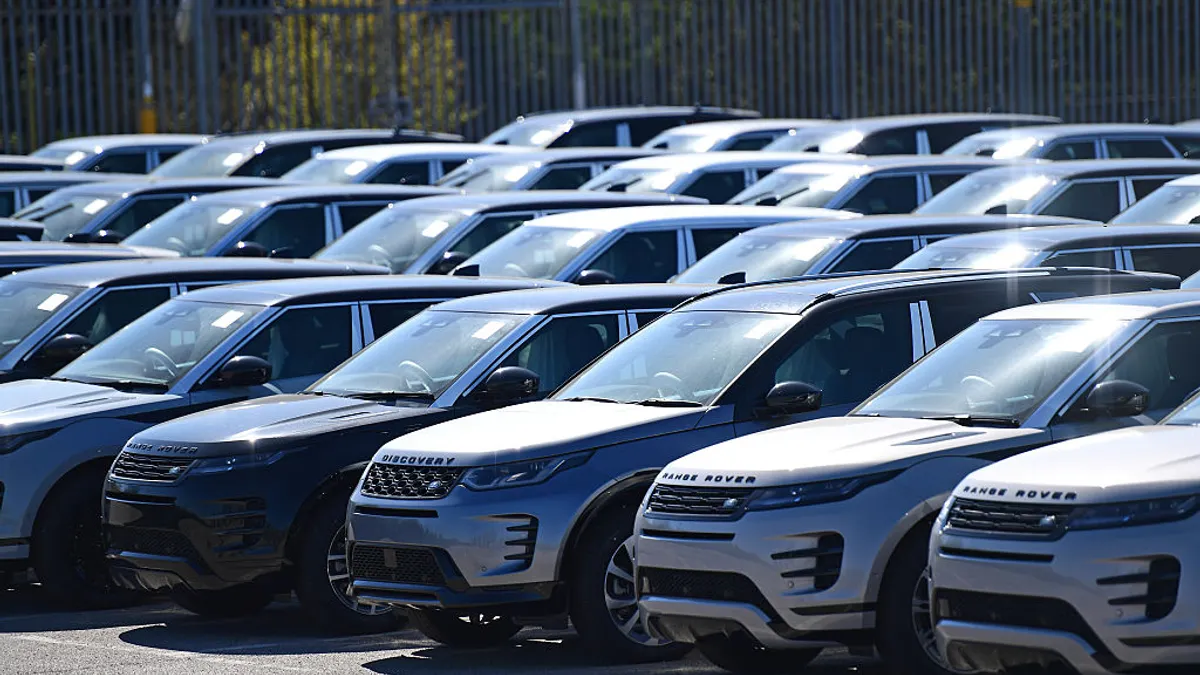Editor's note: This story is part of the WardsAuto digital archive, which may include content that was first published in print, or in different web layouts.
Every day, half a dozen employees of a large, well-known Tier 1 auto supplier are processing retroactive price adjustments for their suppliers. Of course, it was all done on computers using ERP systems, but these employees still must fetch the price difference from the buyers, identify and generate the credit or debit memos, get approvals and process the memos for payment.
The work is repetitive, boring and tedious, but it absolutely must get done.
Similar to retroactive price adjustments, companies perform a lot of processes that are computerized but repetitive and non-value-added and consume a significant amount of resources. Processes like employee onboarding/exit, procure to pay, order to cash, claims processing, journal entry, financial consolidation and reporting, monthly close, etc., are some of them.
Sound boring? Imagine you’re the guy or gal who actually must do this stuff. But it’s not just boring.
It’s expensive.
But who says all this still must be done manually by people?
Today, self-learning software robots can do this work for them. Repetitive, rule-based work like this is a perfect fit for what is known as Robotic Process Automation (RPA).
It has been a boon to the banking, finance and insurance industries and is now being introduced to automotive and manufacturing companies.
We all know automotive companies are among the most capital-intensive industries in the world and are under tremendous pressure to improve their return on capital, which is near the lowest of all industries. The cost of capital is unlikely to come down in the near future while new capital requirements are increasing in emerging areas like connected vehicles and autonomous driving technology.
The automotive companies that will be more successful are those that can leverage their resources in more efficient and creative ways.
As automotive companies continue to grow, they are dealing with bigger workloads to match the exponential increases in data – as much as 50% more each year. The conventional approach is to increase existing workload, offshore some of the work or hire more employees.
RPA offers a better solution to this problem; it can do repetitive stuff more quickly, accurately and tirelessly than humans. Additionally, it can be scaled or reassigned to different tasks depending on the volume and priority.
Automakers are used to robots making their cars on the shop floor, so why not use software robots to make businesses even more profitable in the back office?
A digital workforce enabled by RPA can help auto companies reduce costs between 25%-70% while improving the productivity, efficiency and accuracy of their relevant back-office operations, the same way robots helped deliver higher-quality welded, stamped and riveted vehicles to customers, faster. The return on investment is typically between 30%-200% in the first year, according to McKinsey reports. No other initiative – 6 Sigma, TQM, etc. – can deliver this level of cost savings or return on investment.
Car companies already are very comfortable with robots on their factory floors, so this next step to automate all the repetitive but necessary business processes should not be a big stretch.
As with automated manufacturing, a more-educated, agile workforce will be needed to do the higher-level, more creative and complex problem-solving that will doubtless remain for car companies – and suppliers – to become more attractive to investors. How big a deal is this?
Forrester Research predicts RPA will grow to a $2.9 billion industry in the next five years (2021). As the automotive industry goes through a major upheaval brought on by new technology and players, the need for increased agility and innovation has never been greater. There will be few winners during the next five years and beyond.
RPA provides a perfect opportunity for automotive companies to ride this transformational and disruptive technology that can make them truly lean and competitive for the road ahead.
As CEO and co-founder of Thirdware, Bhavesh Shah has more than 25 years of experience in the areas of customer acquisition, consulting, design and implementation of enterprise applications across various industries.



















